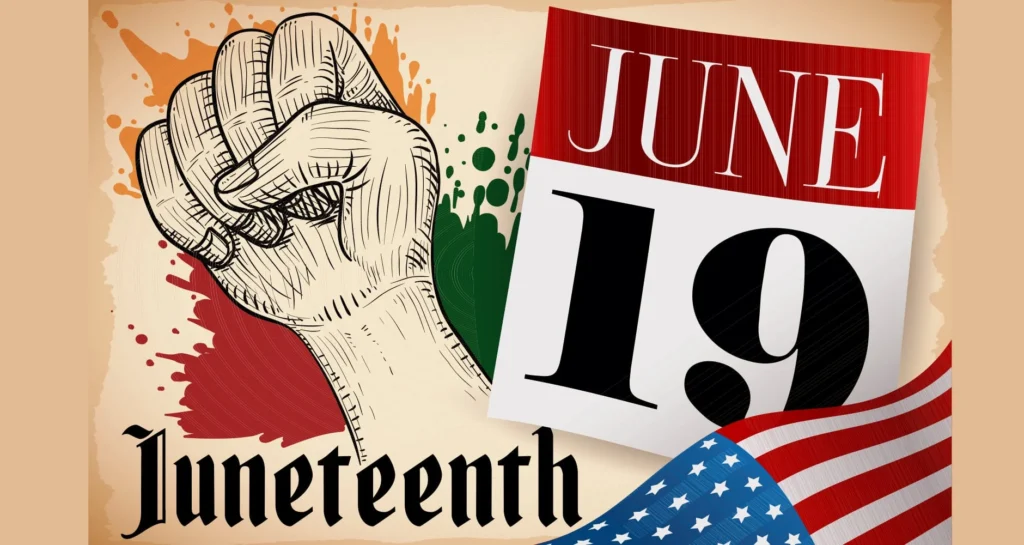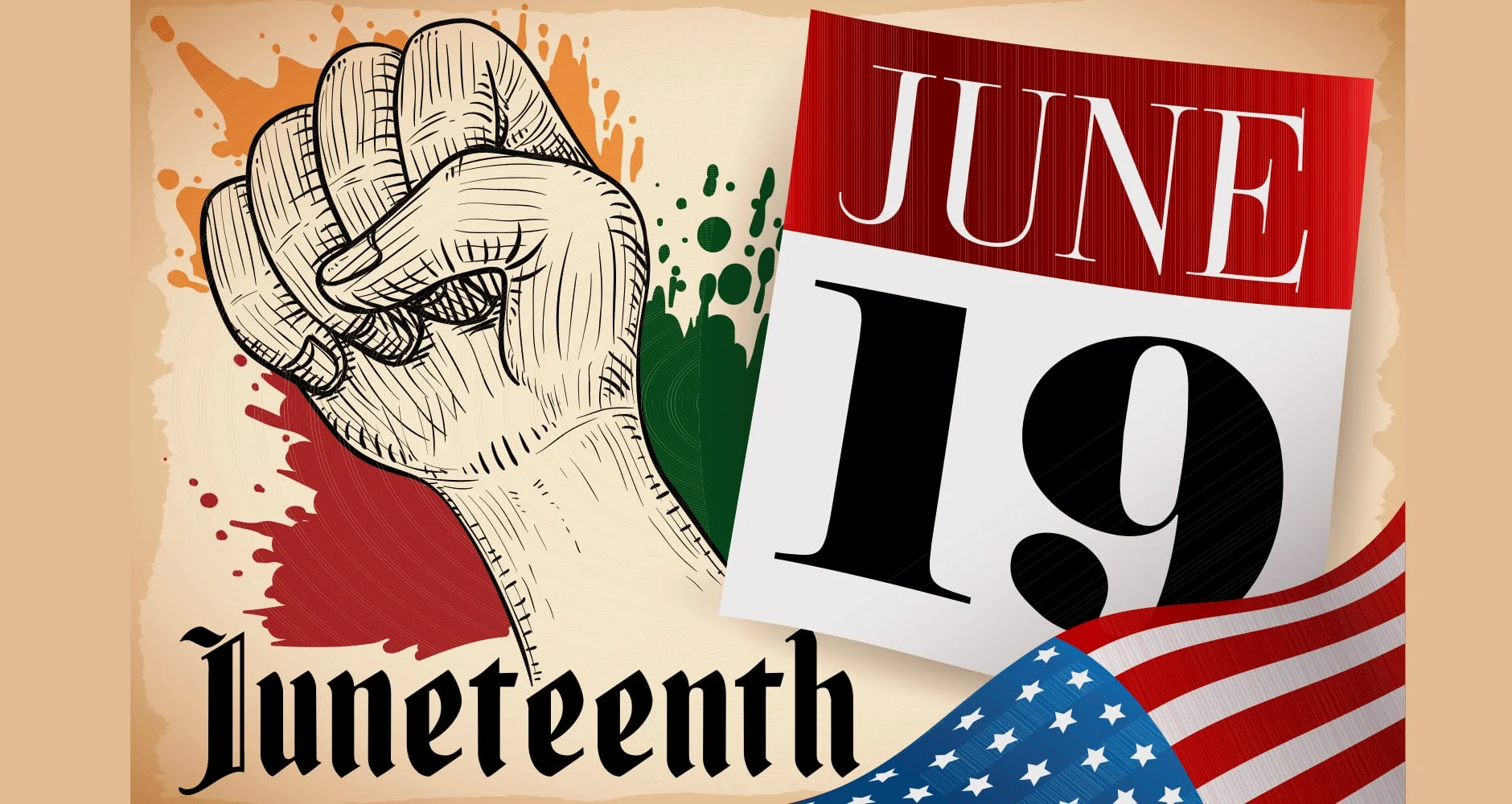
Introduction
Juneteenth, also known as Freedom Day or Emancipation Day, marks one of the most pivotal moments in American history—the end of slavery in the United States. Celebrated annually on June 19, this holiday commemorates the day in 1865 when enslaved African Americans in Texas finally learned of their freedom—two and a half years after the Emancipation Proclamation.
Today, Juneteenth is a federal holiday, recognized nationwide with parades, cultural events, and reflections on Black history. But what is the full story behind Emancipation Day,? How is it celebrated, and why does it matter today?
Let’s explore the history, traditions, and modern significance of Emancipation Day,.
The History of Juneteenth
1. The Emancipation Proclamation (1863)
On January 1, 1863, President Abraham Lincoln issued the Emancipation Proclamation, declaring that all enslaved people in Confederate states were legally free. However, enforcement relied on Union troops, meaning many enslaved people—especially in remote areas like Texas—remained in bondage.
2. The Delay in Texas (1865)
Texas, being geographically isolated, saw little Union military presence during the Civil War. As a result, slavery continued there until June 19, 1865, when Union General Gordon Granger arrived in Galveston and issued General Order No. 3, announcing:
“The people of Texas are informed that, in accordance with a proclamation from the Executive of the United States, all slaves are free.”
This day became known as Juneteenth—a blend of “June” and “Nineteenth.”
3. Early Celebrations and Growth
The first Freedom Day celebrations began in 1866 with church gatherings, barbecues, and music. Over time, the holiday spread across the U.S., particularly during the Great Migration, as Black Americans carried the tradition to new cities.
However, during the Jim Crow era, Freedom Day celebrations were often suppressed. It wasn’t until the Civil Rights Movement of the 1960s that Juneteenth regained national attention.
4. Becoming a Federal Holiday (2021)
After decades of activism, Juneteenth was officially recognized as a federal holiday on June 17, 2021, when President Joe Biden signed the Emancipation Day, National Independence Day Act.
How Is Juneteenth Celebrated Today?
Juneteenth is marked by a mix of joyful celebrations and solemn remembrance. Key traditions include:
1. Parades and Festivals
Cities across the U.S. host parades, concerts, and street fairs featuring Black artists, musicians, and vendors. Major celebrations happen in Houston, Atlanta, and Washington, D.C.
2. Cookouts and Red Foods
A Freedom Day meal often includes red foods like strawberry soda, red velvet cake, and barbecue—symbolizing resilience and African culinary traditions.
3. Educational Events
Many communities hold lectures, museum exhibits, and readings to educate people about Black history. The National Museum of African American History and Culture (NMAAHC) offers rich resources on Freedom Days legacy.
(Image Prompt: A vibrant street parade with people waving Pan-African flags, wearing traditional African attire, and dancing to live music.)
4. Reflection and Activism
For many, Juneteenth is also a day of civic engagement, encouraging discussions on racial justice, voting rights, and economic equality.
Why Juneteenth Matters in 2024
Juneteenth is more than just a historical milestone—it’s a living reminder of freedom, resilience, and the ongoing fight for equality. Here’s why it remains relevant:
✅ Honors Black Resilience – Celebrates the strength of African Americans who endured slavery and fought for civil rights.
✅ Educates Future Generations – Ensures that the history of slavery is not erased or forgotten.
✅ Promotes Unity – Encourages all Americans to reflect on racial justice and inclusivity.
(Image Prompt: A diverse group of people holding hands at a Juneteenth event, symbolizing unity and solidarity.)

Juneteenth FAQs
1. Is Freedom Day a federal holiday?
Yes, since 2021, Freedom Day is a U.S. federal holiday, meaning government offices and many businesses close.
2. How can I celebrate Juneteenth?
- Attend local events
- Support Black-owned businesses
- Educate yourself on Black history
- Donate to racial justice organizations
3. Why is it called Juneteenth?
The name combines “June” and “nineteenth”, the day General Granger announced freedom in Texas.
Conclusion
Liberation Dayis a powerful celebration of freedom, culture, and progress. While it marks the end of slavery, it also reminds us that the fight for true equality continues.
Whether you attend a parade, host a cookout, or simply take time to learn, Liberation Day offers a chance to honor history and build a better future.
Happy Liberation Day






Leave a Reply